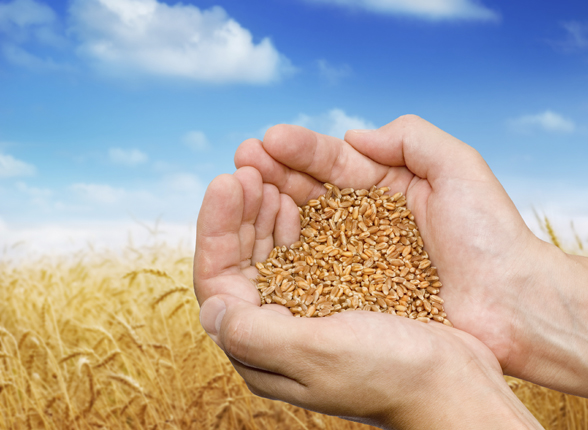

Compare Italian autunno, Spanish otoño, Portuguese outono, all from the Latin word.Īs de Vaan notes, autumn's names across the Indo-European languages leave no evidence that there ever was a common word for it. 6-7.docx from BIO 123 at Georgia Military College. Etimologia è lo studio dellorigine della parola e dei cambiamenti strutturali e di significato che esse subiscono. Astronomically, from the descending equinox to the winter solstice in Britain, the season is popularly August through October in U.S., September through November. Specialty crops are defined in law as fruits and vegetables, tree nuts, dried fruits and horticulture and nursery crops, including floriculture. etimologia della parola harvest Old English hærfest related to Old Norse harfr harrow, Old High German herbist autumn, Latin carpere to pluck, Greek karpos fruit, Sanskrit krpna shears. Harvest (n.) was the English name for the season until autumn began to displace it 16c.

The picked crop is also called a harvest: a bumper crop is a. Perhaps it is from Etruscan, but Tucker suggests a meaning "drying-up season" and a root in *auq- (which would suggest the form in -c- was the original) and compares archaic English sere-month "August." De Vaan writes, "Although 'summer', 'winter' and 'spring' are inherited IE words in Latin, a foreign origin of autumnus is conceivable, since we cannot reconstruct a PIE word for 'autumn'". As a noun, harvest means the time of year when crops are ripe and ready to be gathered. Season after summer and before winter, late 14c., autumpne (modern form from 16c.), from Old French autumpne, automne (13c.), from Latin autumnus (also auctumnus, perhaps influenced by auctus "increase"), which is of unknown origin. Harvest Definition The time of the year when matured grain, fruit, vegetables, etc.


 0 kommentar(er)
0 kommentar(er)
